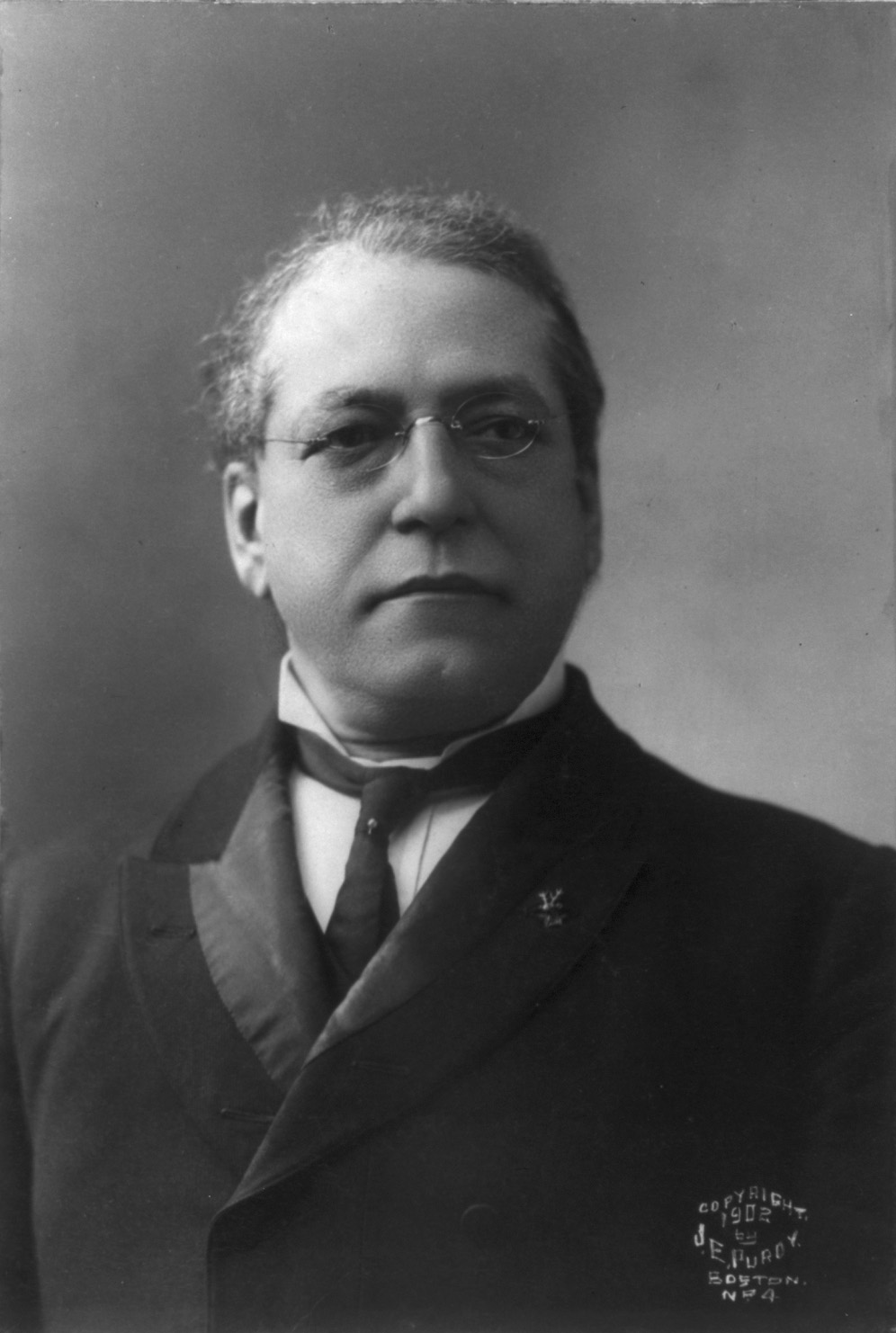Autorzy: A. Charles i Mary R. Beard, Rozwój cywilizacji amerykańskiej
Samuel Gompers cytaty
fragment relacji prasowej z luksusowego nadmorskiego kurortu Atlantic City w stanie New Jersey, 1910.
Źródło: Howard Zinn, Ludowa historia Stanów Zjednoczonych. Od roku 1492 do dziś, tłum. Andrzej Wojtasik, Wyd. Krytyki Politycznej, Warszawa 2016, s. 428.
Samuel Gompers: Cytaty po angielsku
The Shoe workers' journal, Volume 16 (1915) p. 4
Wariant: What does labor want? We want more school houses and less jails. More books and less guns. More learning and less vice. More leisure and less greed. More justice and less revenge. We want more … opportunities to cultivate our better natures.
Out of Their Own Mouths: A Revelation and an Indictment of Sovietism, New York: NY, E.P Dutton and Company (1921) p. 87, co-authored with William English Walling.
What Does the Working Man Want? (speech), Louisville, KY (May 1890)
[AF of L Convention Proceedings, 1924, http://books.google.com/books?id=OvQtIfC_MBIC&pg=PA29, 5–6, American Federation of Labor]
Gompers, Samuel. The Samuel Gompers Papers. Stuart Bruce Kaufman, Peter J. Albert, Grace Palladino, and Marla J Hughes, eds. Urbana, Ill.: University of Illinois Press, 2000, p. 137.
Out of Their Own Mouths: A Revelation and an Indictment of Sovietism, New York: NY, E.P Dutton and Company (1921) p. 84. Resolution from the Petrograd workers, (Sept. 5, 1920). Co-authored by William English Walling.
“The worst crime against working people is a company which fails to operate at a profit.”
Quoted in Rothschild, Michael. Bionomics: Economy as Business Ecosystem. Washington, D.C.: BeardBooks, 1990, p. 115.
Gompers, Samuel. Proceedings of the Convention. Washington, D.C.: American Federation of Labor, 1923, p. 37.
Foner, Philip S. History of the Labor Movement in the United States: The T.U.E.L. to the End of the Gompers Era. New york: International Publishers Co, 1991, p. 361-362.
Gompers, Samuel. The Samuel Gompers Papers: The American Federation of Labor and the Great War, 1917-18. Stuart Bruce Kaufman, Peter J. Albert, and Grace Palladino, eds. Urbana, Ill.: University of Illinois Press, 2006, p. 348.
Gompers, Samuel. "Gompers Speaks for Labor." McClure's Magazine, February 1912, p. 376 http://books.google.com/books?id=3Su0lykF-OMC&dq=%22And%20what%20have%20our%20unions%20done%3F%20What%20do%20they%20aim%20to%20do%3F%22&pg=PA376#v=onepage&q=%22And%20what%20have%20our%20unions%20done?%20What%20do%20they%20aim%20to%20do?%22&f=false
Samuel Gompers, " Not Even Compulsory Benevolence Will Do http://books.google.com/books?id=3LVLAAAAYAAJ&dq=in%20reality%20the%20most%20potent%20and%20the%20most%20direct%20social%20insurance&pg=PA47#v=onepage&q=in%20reality%20the%20most%20potent%20and%20the%20most%20direct%20social%20insurance&f=false." The American Federationist. January 1917, p. 47.
"Men of Labor! Be Up and Doing" (editorial), American Federationist (May 1906)
Out of Their Own Mouths: A Revelation and an Indictment of Sovietism, New York: NY, E.P Dutton and Company (1921) p. 79, co-authored with William English Walling.
